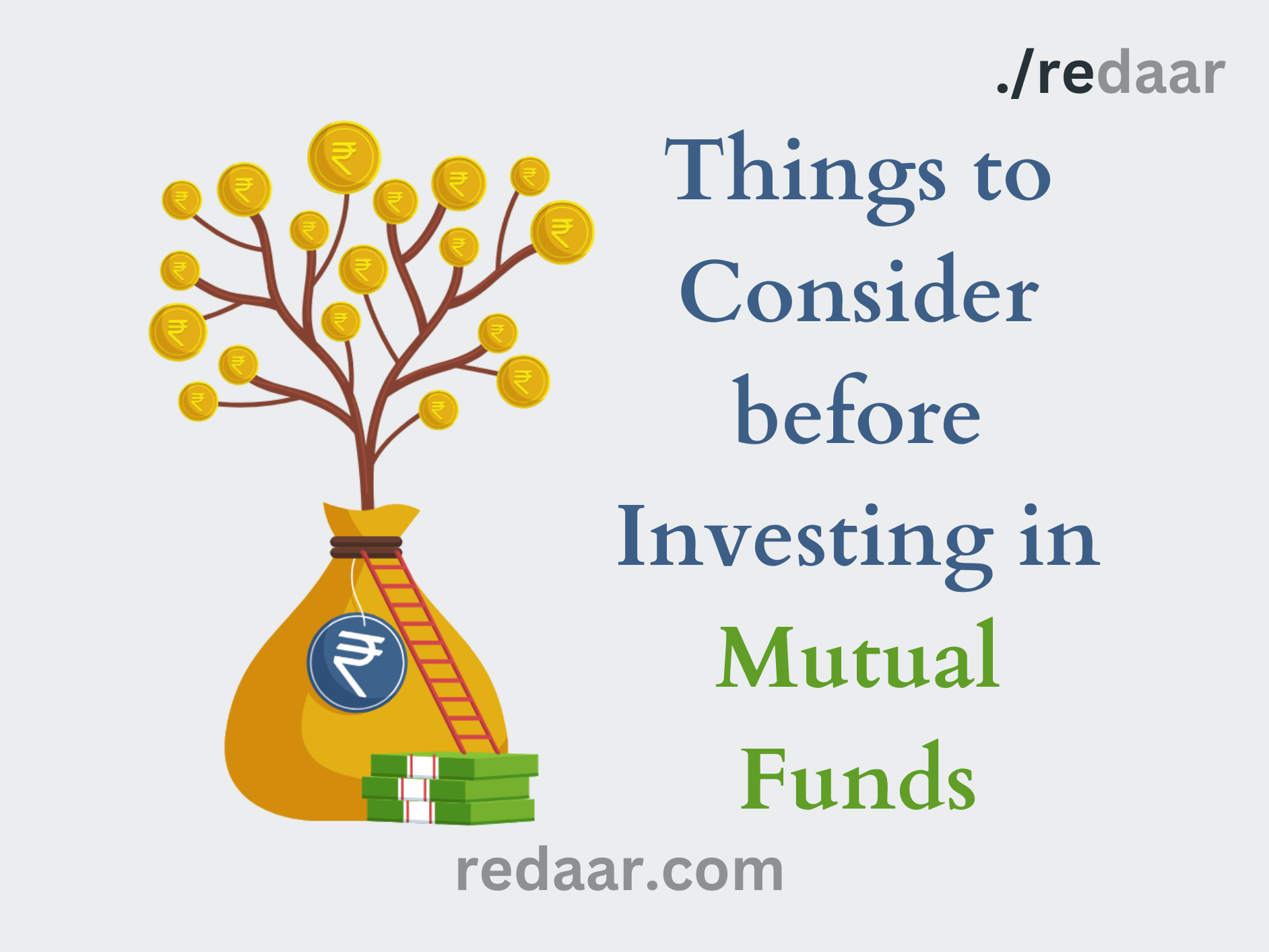Investing is the first step in the direction of growing your money and Mutual funds investments are the ones that come with lower risks but can grow your money multiple folds provided you strategies well.
Mutual fund investment is where money from a large group of people is taken and invested in a group of assets, which may be shares, gold, or other types of investment. People find it tough to create their portfolio by including the best share or investments. That is where mutual funds came into the picture. Mutual funds are designed by experts and they group assets and invest in them.
The investment in mutual funds is no different from the usual investments that you make in the share market or any other asset, except that the portfolio is prepared by experts. However, you need to go through a stringent checklist to start investing in mutual funds. Go through the checklist below to figure out the steps in selecting the best mutual fund.
Also Read: Top 5 Benefits of Share Market Investment
1. Objective of Investing
A clear goal makes you focus diligently in your pursuit and also helps you achieve it without any hesitation or temptation.
Have a clear goal for investing. You need to know your ‘why’ to be successful. Even in life, when you are pursuing a journey, you need to know where and why you are going to have the motivation to reach your goal.
When going for mutual funds, know what your goal or objective is. What do you want to achieve by investing in that particular fund? Do you want it to buy a car, a house, or a gadget, or do you want it for retirement? When you have a goal in your mind, you can easily decide the risk or the duration that you should consider.
2. Tenure
Decide the tenure that you want to invest in and stick to it for maximum profit!
The tenure is directly related to your goal. When you set a goal, with it you need to decide the time in which you will be able to reach that particular goal. A longer tenure helps you make more profits as the compounding effect is strong, hence try to have a longer duration to brighten your future.
3. Risk
It’s always a great idea to know what you are getting into, before getting into it!
Analyze the risk associated with different types of mutual funds, before selecting the best one for you. It’s often the case that the more risk an investment has, the more returns it will offer. Still, you wouldn’t want to get into it, before analyzing. First, check your goals and according to those goals, decide the amount of risk that you can take.
Mutual funds and particularly equity mutual funds are subject to market risks and hence possess the same amount of risk that an investment in a share would possess. The only difference is that these are grouped by experts. You could prefer these if your goal is to earn higher returns. If not, then you can go for Debt mutual funds, which though do not offer high returns, but are more stable than the latter.
4. Performance
In the investment market, it is often said that history repeats itself, which applies to mutual funds too!
Yes, it is believed in the investment market that history tends to repeat and it actually shows the true color of most investments. You should definitely consider seeing the performance history of the funds you are investing in. However, along with that, you also need to analyze the performance of the mutual fund investment team. How have the mutual funds designed by them performed in the past?
This shall surely clear you of any confusion that you might have.
5. Taxes
Taxes are small amounts that can turn up into huge amounts, if not monitored.
Taxes may look like small amounts and in many cases are unnoticed. However, you need to be very careful about these small amounts, as they can crack up your wallet really fast. Analyse carefully the taxes according to the type of fund you are investing in, to arrange that exact amount for investment and to have a clear idea about your expenses.
Also Read: Saves Taxes with Section 80C
6. Expense Ratio
An expense ratio is an amount that is charged by your investor as a commission. This is usually in the form of a percentage, which may seem small, but can turn out to be a huge chunk when you increase your investment. Choose mutual funds that have a lower expense ratio.
7. Investment strategy
A strategy helps you plan for your goal, by keeping all the factors in consideration!
An investment strategy is the most important thing while investing in mutual funds. Consider all the above factors like the goal, duration, risk, performance of the stock, taxes, and expense ratio to devise the best strategy for your investment. A strategy that fits your ambitions and the expectations from the fund.
These were a few factors that should be on your list if you are considering investing in mutual funds. Consider the risks and your goal before investing. Also, try to not use your emergency funds for the investment.
Keep following our blog to receive regular updates and tips regarding investments!

